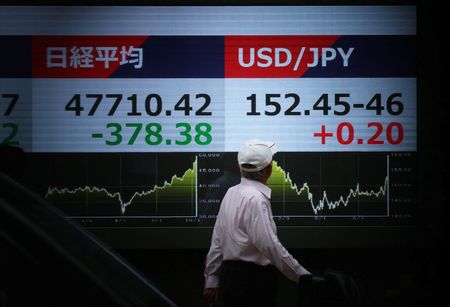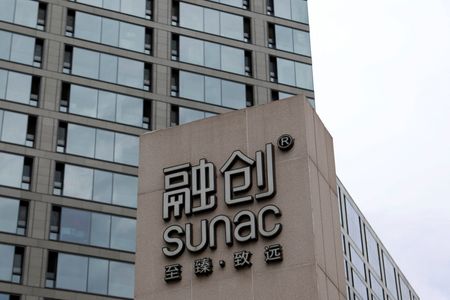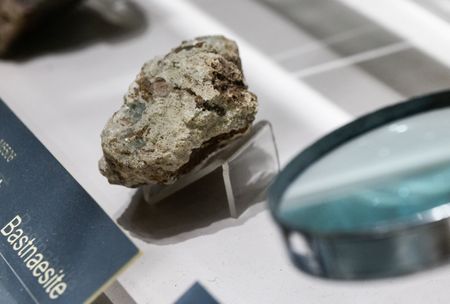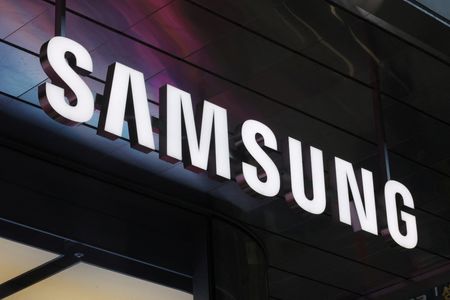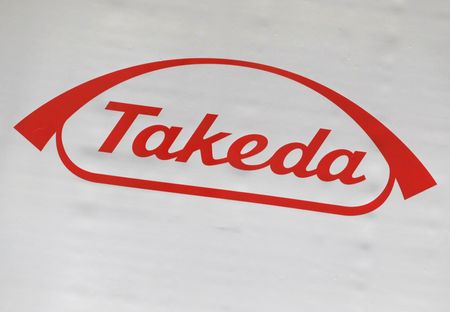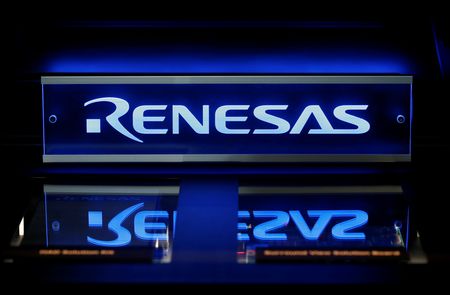By Kevin Buckland
TOKYO (Reuters) -Japanese shares sank on Tuesday after a long weekend, clocking their sharpest one-day drop since April, as investors fretted over uncertainty surrounding the country’s next premier and persistent U.S.-China trade tensions.
The Nikkei share average closed 2.58% lower at 46,847.32, while the broader Topix slid 2% to 3,133.99.
Japanese investors returning from a national holiday on Monday faced a complex global backdrop, including a stronger yen and a steep Wall Street sell-off on Friday.
While both saw partial reversals, market sentiment remained fragile as U.S.-China trade tensions accelerated, with shifting signals from U.S. President Donald Trump unsettling traders.
On balance, weaker U.S. stocks and a stronger yen since the start of Japan’s extended weekend weighed on the market, said Maki Sawada, an equity strategist at Nomura Securities.
In addition, the initial euphoria from fiscal dove Sanae Takaichi’s election as leader of the Liberal Democratic Party at the start of the month has faded after coalition partner Komeito pulled support. This opened a small possibility of an opposition party leader being elected prime minister by parliament later this month. Local media say October 20 or October 21 are likely dates for the vote.
The Nikkei struck a record high last week in the immediate reaction to Takaichi’s surprise victory but the shock exit of Komeito has cast doubts over what happens next.
“The decline of the ‘Takaichi trade’ is one reason” for weakness in Japanese stocks on Tuesday, Sawada said. “Political uncertainty is weighing.”
The Japanese yield curve also steepened on Tuesday, with investors buying short-dated Japanese government bonds and selling longer-dated securities as investors took stock of the political flux.
Exporters, whose overseas revenue is crimped by a stronger currency, dropped on Tuesday, with Toyota down 1.2%.
SoftBank Group slumped 6%, extending its pullback from a record high on Thursday as the heavyweight startup investor continued to retreat.
Elsewhere, Muji owner Ryohin Keikaku surged more than 13% following its earnings after the closing bell on Friday, making it the Nikkei’s top-performing stock.
(Reporting by Kevin Buckland and Ankur Banerjee in Singapore; Editing by Sherry Jacob-Phillips)

